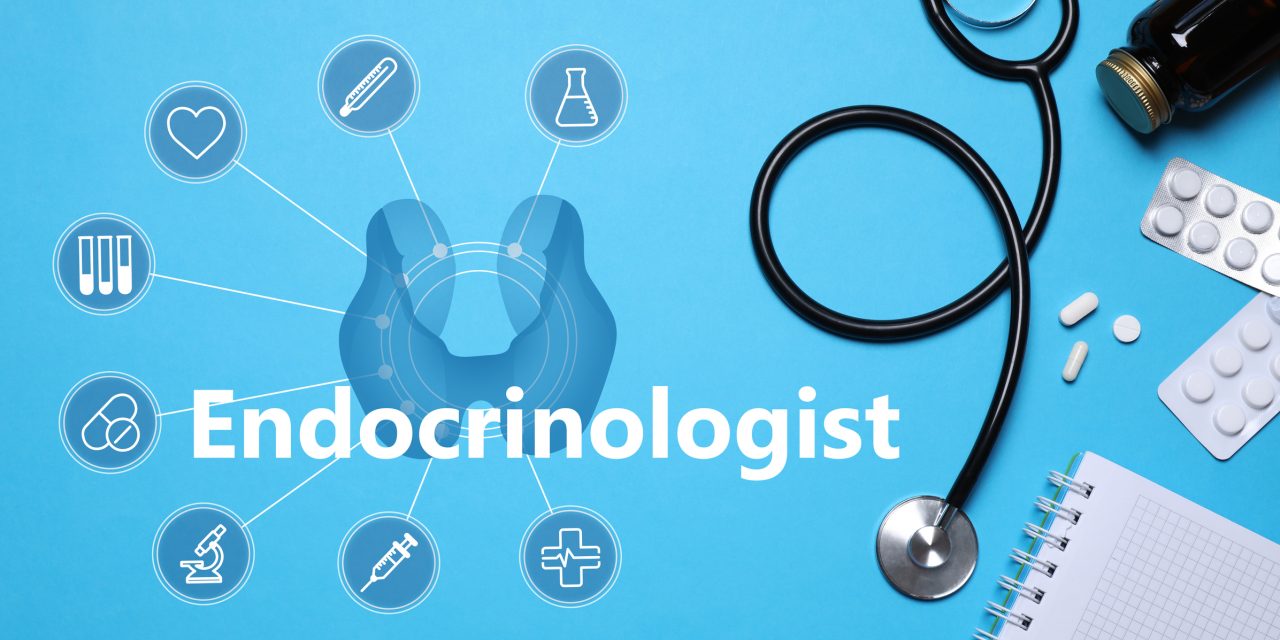Nonalcoholic fatty liver disease is a metabolic disorder characterized by lipid overloading in hepatocytes that can progress pathogenically and even end in hepatocellular carcinoma. Nonalcoholic fatty liver disease pharmacological treatment is still limited by unwanted side effects, whereas the use of food components with therapeutic potential is advisable. The culinary use of marine algae is traditional for some populations and reviving worldwide, with promising health outcomes due to the large number of bioactive compounds found in seaweeds. The present review focuses on brown-algae polysaccharides, particularly fucoidan, alginate, and laminarin, and summarizes the experimental evidence of their potential effects against nonalcoholic fatty liver disease onset and progression. and studies demonstrate that brown-algae polysaccharides exert beneficial actions on satiety feeling, caloric intake, fat absorption, and modulation of the gut microbiota, which could account for indirect effects on energy and lipid homeostasis, thus diminishing the fat overload in the liver. Specific effects against nonalcoholic fatty liver disease pathogenesis and worsening are also described and sustained by the antioxidant, anti-inflammatory, and antisteatotic properties of brown-algae polysaccharides. Further studies are required to clarify the mechanism of action of brown-algae polysaccharides on liver cells, to determine the composition and bioavailability of brown-algae polysaccharides present in different algal sources and to probe the clinical availability of these compounds in the form of algal foods, food supplements, and regulated therapeutics.Thieme. All rights reserved.
Brown-Algae Polysaccharides as Active Constituents against Nonalcoholic Fatty Liver Disease.


